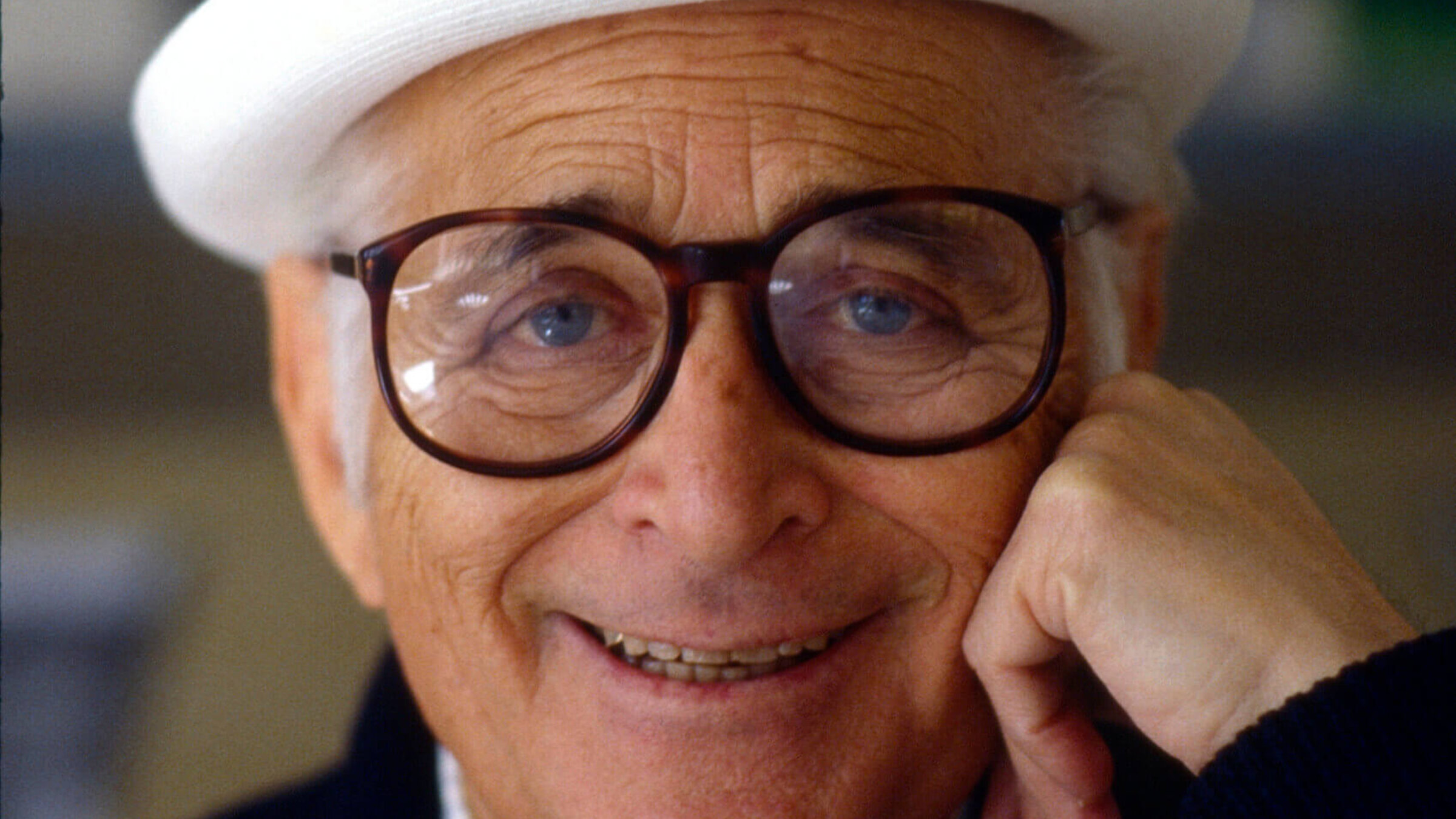Norman Lear changed my life — and he changed America too
TV can be divided into two testaments — Before Norman and After Norman

Norman Lear, at home in 1984. Photo by Getty Images
“I’m sorry, I don’t know who you are,” Norman Lear said after I greeted him at a Hollywood screening.
“You’ve just paid me more money than I’ve ever gotten in my life, and you don’t know who I am,” I said.
We both laughed. I was amused, not offended. That wasn’t always the case with producers. Breaking into comedy writing when it was done by guys named Mort, Mel and Mickey made it appear I’d overcome sexism. In fact, I found myself knee deep in it. The Women’s Movement had inspired a few of us to pursue our dreams, which created nightmares for men who resented our presence, however minimal.
Norman Lear, Carl Reiner, along with Jim Brooks and Allan Burns who were producing The Mary Tyler Moore Show were happy to hire us. But that certainly wasn’t typical. When I joined the Writers Guild of America, we were a paltry 10% of the membership.
When Norman hired me, I was a 31-year-old newbie writer. Feeling pressured to do something challenging, I’d asked a girlfriend to collaborate with me on a spec script. It was a way of auditioning, though unlikely to lead to anything if you were a woman, so we were shocked that it led to two writing assignments in one day. Still, not trusting there would be others, I was holding onto the job I loved as Carl Reiner’s secretary until Norman invited us to write the pilot for a series he and his then partner, Bud Yorkin, were to create for NBC. They were entrusted to experienced writers, making this most extraordinary.
My girlfriend and I were giddy. Our first time flying first class, we were heading to New York to see an actress in a Broadway play and staying in a luxurious hotel. Returning to LA, Yorkin and Lear gave us a beautiful office in their suite for the months we’d be working on the script. Norman was involved with their ongoing productions, and Bud was supervising us. Several weeks after we handed in our final draft, I got a call telling me to come pick up the script, which would soon be going to the network. I was excited until I saw men’s names on the cover. “This isn’t the right one,” I told the receptionist. She insisted it was. Looking inside, I saw it was largely what we’d written, but we weren’t being credited.
Informed by the Writers Guild that they had no jurisdiction over credits until a show was shot, I didn’t know what to do. Despite fearing I’d misjudged Norman, I phoned him, asking that he read the script to see if he felt comfortable about the credits. He called back quickly to say, “I just sent a letter to NBC telling them a mistake had been made.”
The series wasn’t picked up, but we went on to other projects, among them another of Norman’s hits, Maude, starring the pre Golden Girls Bea Arthur as an outspoken feminist. The medium was changing, and Norman’s groundbreaking series were responsible. Introducing social and political topics, he convinced the networks it was time for sitcoms to grow up and deal with controversial issues.
As opposed to the holy book, a bible means something different in television. It’s the term given to the part of the pitching process describing the characters, plots and whatever made it unique. But like the religious book, it, too, can be divided into two testaments: BN (Before Norman) being the Old Testament and AN (After Norman) the New Testament. His dealing with abortion, racism and homophobia gave writers permission to push the envelope. I would otherwise not have been bold enough to pitch and write an episode about a girl walking in on her parents while making love or another where a man blames a woman for his impotence.
Norman left his mark not only on television writing, but on its viewers. We lost a truly special man this week. Along with the many awards he received, he’s being remembered lovingly by those lucky enough to have known him. But anyone who’s ever handled a remote should be grateful to him for the effect he’d had on their life.















